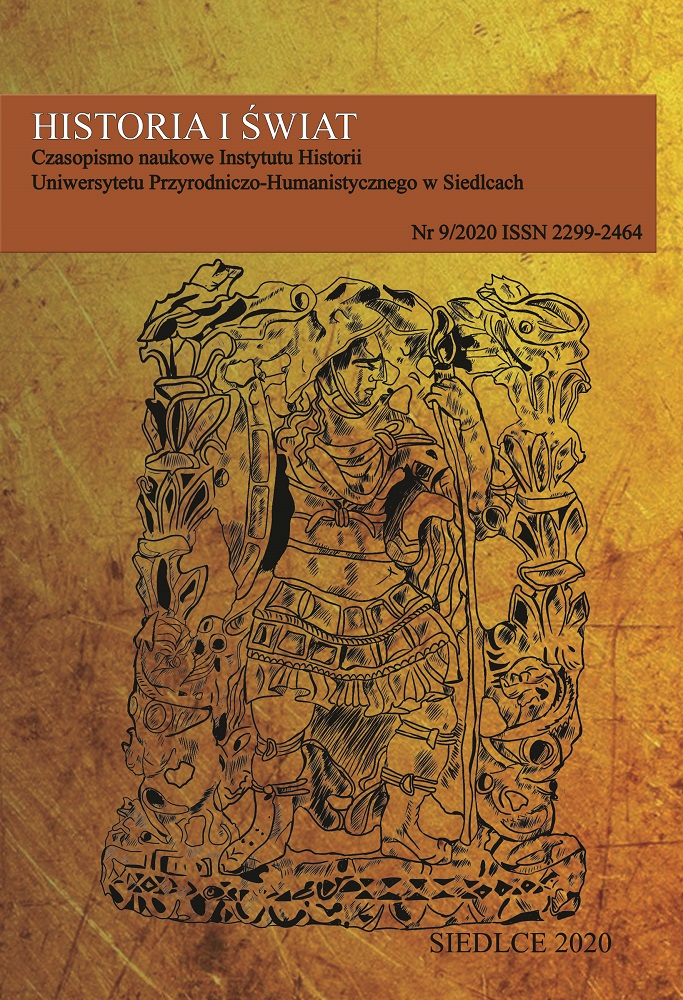Some Remarks on the Eurocentricism and Imperialism in the Construction of International Law
DOI:
https://doi.org/10.34739/his.2020.09.06Keywords:
European History, International Law, Empire, Colonialism, CivilizationAbstract
The modern international law is considered an offshoot of European intellectual contributions as its basic foundation is deeply imbued with the political and social upheavals took place in European history. As an example, the Westphalian order emerged in the culmination of thirty years war in 1648 was regarded as the most pivotal mile stone in modern history of international law. Yet the European domination and its intellectual contribution to the development of international law systematically excluded non-European nations from international law and its protection, which finally paved the path to use international law in the 19th century as a tool of legitimizing the colonial expansion. This paper
seeks to trace the historiography of modern international law and its dubious nature of disdaining non-Europeans and their civilizational thinking. Furthermore, this paper argues how European historical encounters carved the map of international law from a vantage point, which gave an utter prominence upon the European intellectual monopoly. The results emerge from this paper will strongly suggest the need of an alternative scholarship to unveil the history of international law.
Downloads
Downloads
Published
Issue
Section
License
Copyright (c) 2020 Historia i Świat

This work is licensed under a Creative Commons Attribution-NoDerivatives 4.0 International License.




